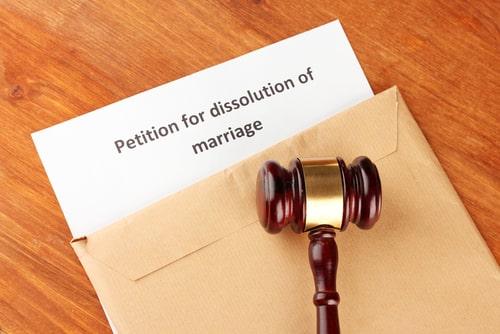630-462-9500
After Hour New Client Telephone Number 630-690-6077
1776 S. Naperville Road, Building B, Suite 202,
Wheaton, IL 60189
My Spouse is Refusing to Sign the Divorce Papers. What Should I Do?
 With any divorce, emotions can run very high. In some cases, a spouse may flat-out refuse to sign any papers related to the divorce. This may come from their belief that refusing to sign will result in the matter being put to rest. However, this is not the case. In Illinois, there are solutions if your spouse refuses to sign divorce papers. In any event, contact an experienced divorce attorney right away to discuss your legal options.
With any divorce, emotions can run very high. In some cases, a spouse may flat-out refuse to sign any papers related to the divorce. This may come from their belief that refusing to sign will result in the matter being put to rest. However, this is not the case. In Illinois, there are solutions if your spouse refuses to sign divorce papers. In any event, contact an experienced divorce attorney right away to discuss your legal options.
What to Do if Your Spouse Refuses to Have Any Part in the Divorce Process
It is essential to be aware that in Illinois, you can file a petition for the dissolution of your marriage, even in cases where your spouse refuses to consent or sign any papers. Once you have filed the petition, your spouse will be served and will then be able to file an answer to your petition. Your spouse will need to respond to the petition within 30 days. If they fail to meet the 30-day deadline, you will be able to file a motion for default.
If your spouse continues to refuse, a judge will likely schedule a hearing to hear the reason as to why the reason for the refusal. Here is where things get interesting. In most of these situations, the spouse refusing the divorce usually does not show up to the hearing. In cases where your spouse does not show up, you may be granted a default divorce. At this point, you will be given what you originally asked for in terms of temporary relief in your divorce petition, such as terms for child custody, child support, etc. The court will only listen to reasonable requests from the petitioner regarding what they are asking for in the divorce. For example, suppose the petitioning spouse decides to try and take advantage of their spouse's refusal to participate and requests $1,000,000 in alimony, thinking that the court will automatically grant their requests. In that case, the request will likely be rejected by the court.
At this point, even with a default judgment, the divorce process is not yet finalized, since it is very unlikely that the spouse refusing the divorce will accept the terms of the default judgment. The divorce will then move through as a contested divorce, which can be an arduous, drawn-out process, as the court will need to determine matters pertaining to the divorce.
Contact a DuPage County Divorce Attorney
Contact the experienced Wheaton divorce lawyers with The Stogsdill Law Firm, P.C. for skilled legal counsel. Call 630-462-9500 for a private consultation.
Source - https://www.forbes.com/advisor/legal/divorce/illinois-divorce/




















